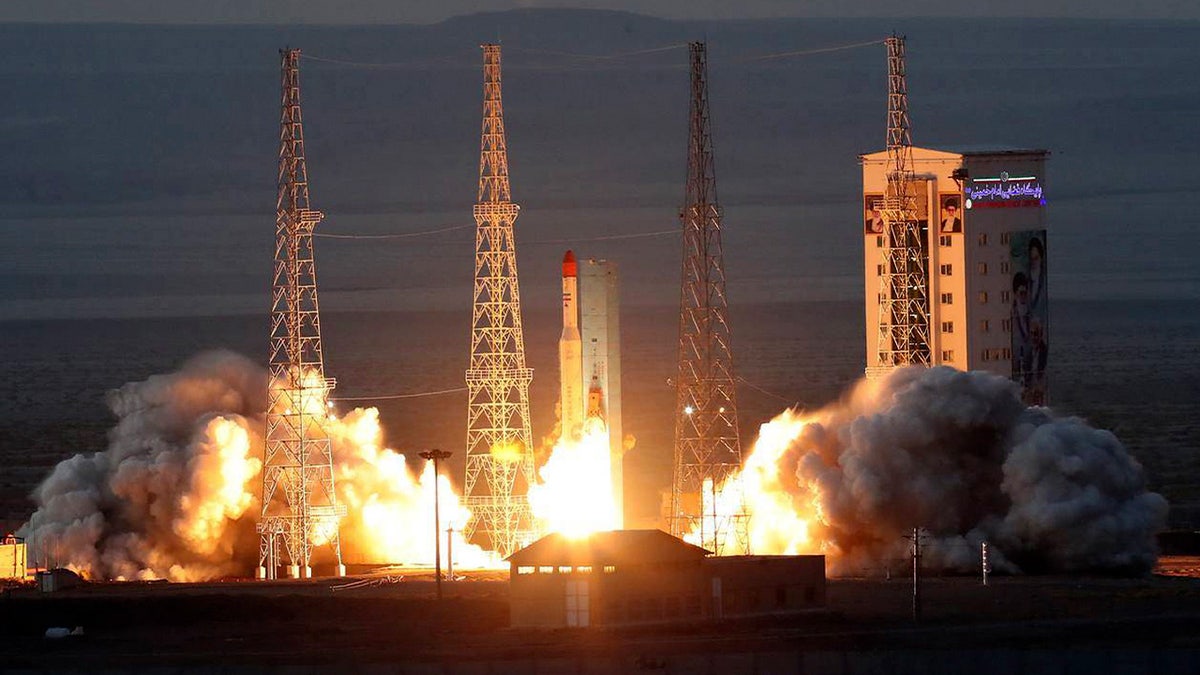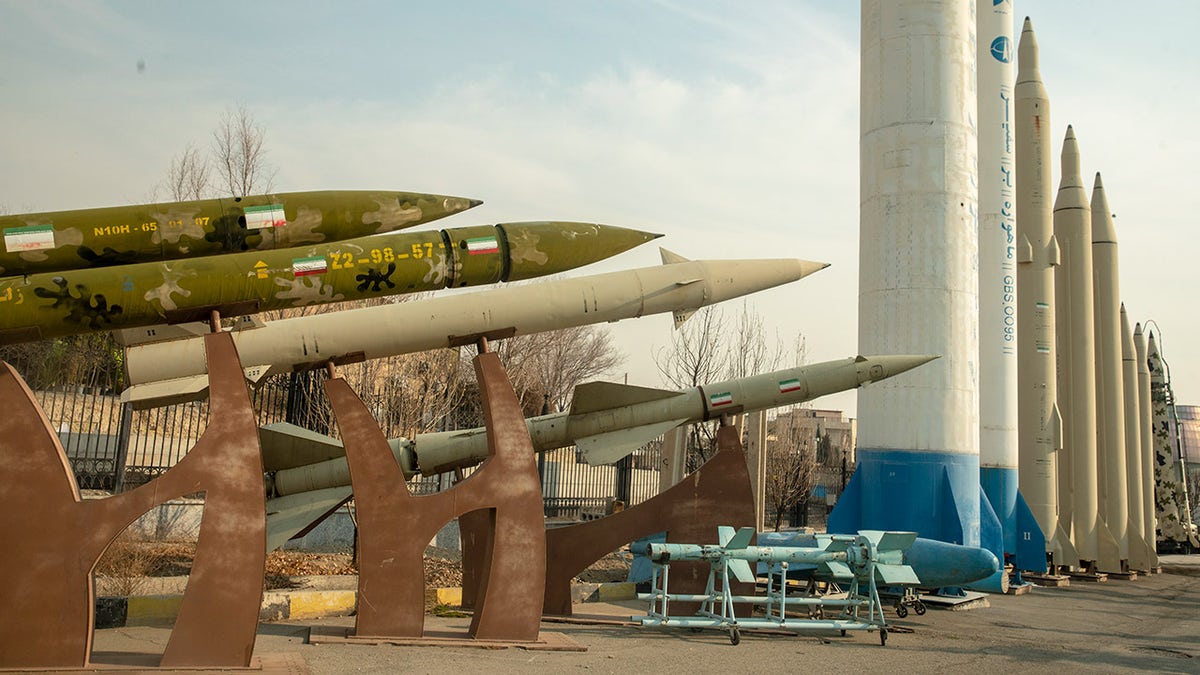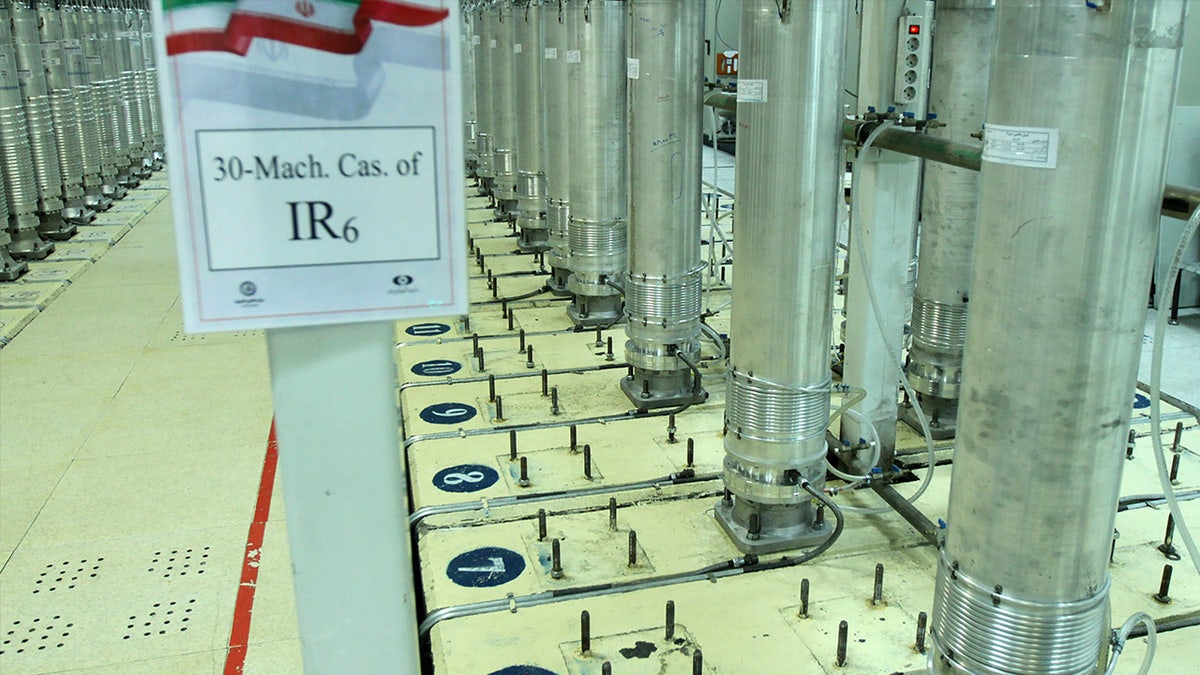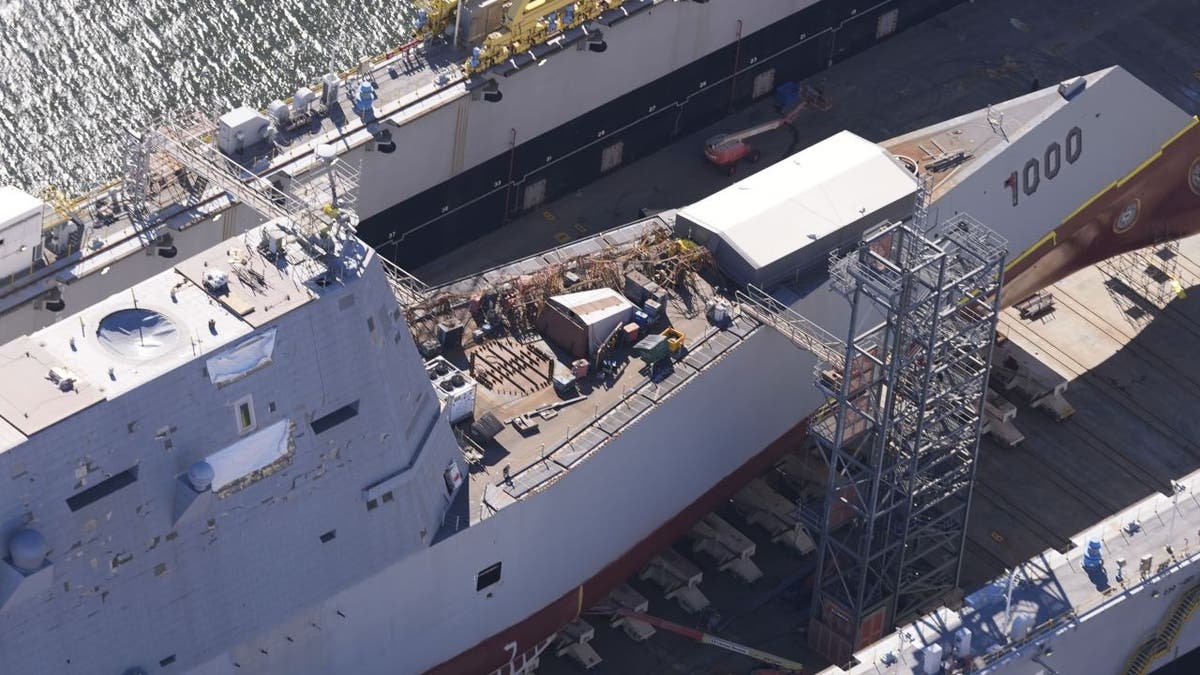Iran's recent launch of its most powerful rocket to date has sparked concerns among security experts about the country's technological advancements and their potential implications for its nuclear program and military capabilities. The Simorgh rocket, carrying a substantial payload, was launched amidst escalating tensions with the West and Iran's involvement in international conflicts, including its support for terrorist groups and aid to Russia.
The successful rocket launch is viewed as a significant achievement for Iran's space program, but also raises red flags about its potential military applications. Behnam Ben Taleblu, a senior fellow at the Foundation for Defense of Democracies, highlighted the dual-use nature of Iran's space program, explaining that the Simorgh rocket, a liquid propellant carrier, represents Iran's efforts to develop longer-range missile systems. This development has direct implications for Tehran's pursuit of intermediate-range and intercontinental ballistic missile capabilities.

The rocket, launched from the Imam Khomeini Spaceport, carried an orbital propulsion system and research systems intended for orbit. Notably, it also carried a Fakhr-1 satellite for Iran's military, marking the first time a civilian Iranian space program has carried a military payload. This further underscores the interconnectedness of Iran's civilian and military space programs.
Iran's ballistic missile program has been a subject of international concern and has led to violations of U.N. mandates. While the U.S. withdrew from the Iran Nuclear Agreement in 2018, recent reports indicate that Iran has significantly increased its enriched uranium stockpiles, raising concerns about its nuclear ambitions. The IAEA has warned about the increased purity levels of Iran's enriched uranium, approaching weapons-grade levels. However, the Office of the Director of National Intelligence (ODNI) has assessed that Iran is not currently building a nuclear weapon, though it possesses the capability to produce multiple weapons if its uranium is further enriched.

Experts suggest that Iran leverages the threat of nuclear weapons as a negotiating tactic and to deter international pressure. Similarly, its space program is viewed as a tool for enhancing its status and security. The recent rocket launch, combined with Iran's nuclear advancements, has heightened concerns about the country's regional and global ambitions.









